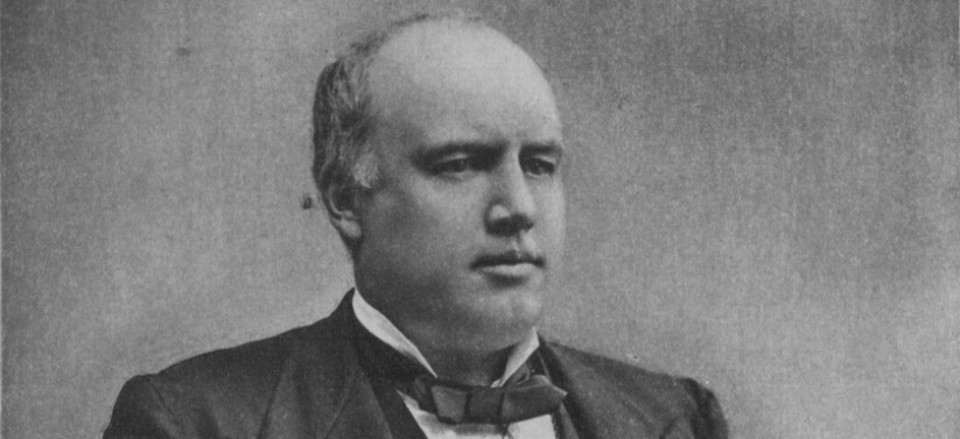Tags
In the first place, I would advise you to have something to say – something worth saying – something that people would be glad to hear. This is the important thing. Back of the art of speaking must be the power to think. Without thoughts words are empty purses. Most people imagine that almost any words uttered in a loud voice and accompanied by appropriate gestures, constitute an oration.
The great orator is full of variety – of surprises. Like a juggler, he keeps the colored balls in the air. He expresses himself in pictures. His speech is a panorama. By continued change he holds the attention. The interest does not flag. He does not allow himself to be anticipated. A picture is shown but once. So, an orator should avoid the commonplace. There should be no stuffing, no filling. He should put no cotton with his silk, no common metals with his gold. He should remember that “gilded dust is not as good as dusted gold.”
The great orator is honest, sincere. He does not pretend. His brain and heart go together. Every drop of his blood is convinced. Nothing is forced. He knows exactly what he wishes to do – knows when he has finished it, and stops. Only a great orator knows when and how to close. Most speakers go on after they are through. They are satisfied only with a “lame and impotent conclusion.” Most speakers lack variety. They travel a straight and dusty road.
The great orator is full of episode. He convinces and charms by indirection. He leaves the road, visits the fields, wanders in the woods, listens to the murmurs of springs, the songs of birds. He gathers flowers, scales the crags and comes back to the highway refreshed, invigorated. He does not move in a straight line. He wanders and winds like a stream.
Of course, no one can tell a man what to do to become an orator. The great orator has that wonderful thing called presence. He has that strange something known as magnetism. He must have a flexible, musical voice, capable of expressing the pathetic, the humorous, the heroic. His body must move in unison with his thought. He must be a reasoner, a logician. He must have a keen sense of humor – of the laughable. He must have wit, sharp and quick. He must have sympathy. His smiles should be the neighbors of his tears. He must have imagination. He should give eagles to the air, and painted moths should flutter in the sunlight.
Like a sculptor, he stands by his block of stone. Every stroke is for a purpose. As he works the form begins to appear. When the statue is finished the workman stops. Nothing is more difficult than a perfect close. Few poems, few pieces of music, few novels end well. A good story, a great speech, a perfect poem should end just at the proper point. The bud, the blossom, the fruit. No delay. A great speech is a crystallization in its logic, an efflorescence in its poetry.
Of course, I have heard a great many talkers, but orators are few and far between. They are produced by victorious nations – born in the midst of great events, of marvelous achievements. They utter the thoughts, the aspirations of their age. They clothe the children of the people in the gorgeous robes of giants. They interpret their dreams. With the poets, they prophesy. They fill the future with heroic forms, with lofty deeds. They keep their faces toward the dawn – toward the ever-coming day.
– RGI
